Polymer Clay Beginners Guide
You'll find everything you need to know to get started with polymer clay in this polymer clay beginners guide, from which tools to buy, or not, through to how to bake and finish your clay.
You will save lots of time, headaches, and hopefully money if you take the time to go through these articles and polymer clay tutorials before you start.
- Setting up your workspace. (coming soon)
- Which polymer clay tools do you really need?
- Which is the best clay polymer clay brand for which project?
- How and where to buy your clay.
- Conditioning polymer clay.
- Foundational polymer clay techniques to get you started.
- Mixed media overview. (coming soon)
- Baking your clay
- Sanding and buffing
- Sealing your clay
- Drilling your holes
Which polymer clay tools do you really need?
There are hundreds of polymer clay tools and gadgets on the market
today. Some of them are essential, some are really nice to have, some
you could do without, and some, quite frankly, are a complete waste of
your hard-earned cash. So how do you know what's what?
In this article I'll give you my recommended list of Polymer Clay Tools for Beginners so that you can be sure you are only buying what you need. Be sure to take a look before you go on a shopping spree.
Polymer Clay beginners guide to the best polymer Clay brand
So which is the best polymer clay brand? Well, The short, and rather inconvenient answer, is that none of the brands ticks all the boxes.
They all have their own personalities that fit specific purposes, and it’s your
job as an artist to choose the best clay for your project. But for those just getting started in polymer clay, there are definitely some brands that I would recommend above others.
In this article I present my comparison of the three main polymer clay brands. I'll tell you what I like about each one and the things that may make you think twice.
In this Sculpey III video, I'll give you a run down of why this clay should really be avoided, and what to do if you have already bought buckets full of the stuff!
Tips for Buying the freshest polyclay
This article will explain all about the importance of making sure that
the polymer clay you buy is soft and fresh.
Unfortunately, it's easy to end up with unusable, old blocks of clay if you buy from the wrong places, or if you don't know what you're looking for.
how to condition polymer clay
Conditioning your clay is an essential step in the polymer clay creation process. It warms up your clay and gets the plasticizers moving, making your clay easier to work with.
In this tutorial I will be showing you how to condition the three most popular polymer clay brands. Premo, Kato and Fimo Professional are completely
different from one another, and each requires a different conditioning
process.
For instance, Kato will need a good wack with a mallet before it even
goes near your pasta machine, while Premo can be conditioned by
hand.
I'll be showing you tips for pre-conditioning each brand and how to condition polymer clay quickly and easily.
Foundational Polymer Clay Techniques to get you started
Foundational polymer clay techniques include such things as Skinner
Blends, Mica Shifts and Mokume Gane among others.
These basic polymer clay techniques form
essential starting points for your polymer clay journey and will be incorporated into many other, more complex techniques and tutorials as you progress.
how to bake polymer clay
Baking polymer clay can be a bit tricky, and most people struggle with it in the beginning. It's one of the first basic things you will need
to know how to do when you get started with polymer clay.
In this article I’ll
be covering this issue from start to
finish, showing you how to get the best results out of your baking.
finishing polymer clay the right way - sanding and buffing
So you’ve baked your polymer clay beads and managed to avoid all the twists and turns
involved. The next
step is to sand and buff them. It can be very tempting to skip this step. We've all been guilty of taking a shortcut on this one at one point or another, I'm sure. But it really is very important to give your work a good sand and buff if you want a good result.
In this article I’ll give you a
run down on sanding and buffing polymer clay, including the most popular sanding materials and what they're best
used for, as well as how to get a good shine from your buffing.
Overview of polymer clay sealers
Varnishing and sealing polymer clay has to be the most
discussed problem in the polymer clay community next to baking. Which
one should I use?
Which one does what? Where can I buy them? How do I
know if my surface effect is going to work with the sealer I’ve chosen?
It’s enough to make you want to tear your hair out, especially if you are a polymer clay beginner.
In this
article, I'll be going through each of the different types of polymer
clay sealers and what they are best used for. This is one of the things I struggled with the most when I was just getting started with polymer clay, so I hope you find this information helpful.
Drilling polymer clay beads
Drilling polymer clay can be intimidating for many polymer clay beginners, but in this tutorial I hope to show you just how easy and worthwhile drilling polymer clay can be.
Drilling baked clay yields a far more professional result than piercing the clay when it is raw, and is worthwhile learning how to do.
I am in the process of creating a full polymer clay beginner's guide in a video course format. The videos walk you through everything you need to know to get started with polymer clay from start to finish. Look out for that to be added to the website soon.
In the mean time, if you would like early access to the videos, pop over and join my Facebook group. Many of the videos are already listed there.
The group is
also the best place to keep up with all the latest news, product
releases and tutorials, and you will have early access to other new material
before it is released on YouTube or the website. There are also exclusive
giveaways and a discount coupon for my shop, JessamaDesign on Etsy.
We have a fabulous group of members already. It's a great place to
share, be encouraged and ask all of your polymer clay questions.
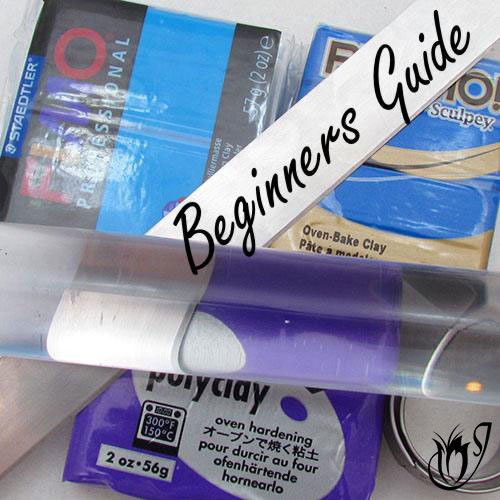
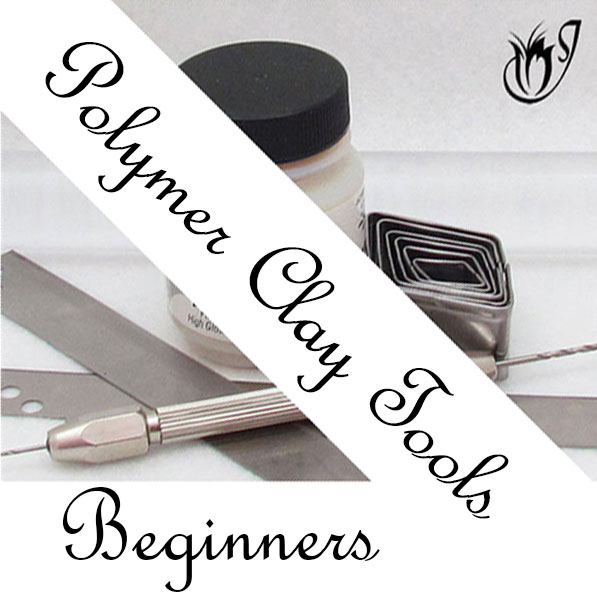
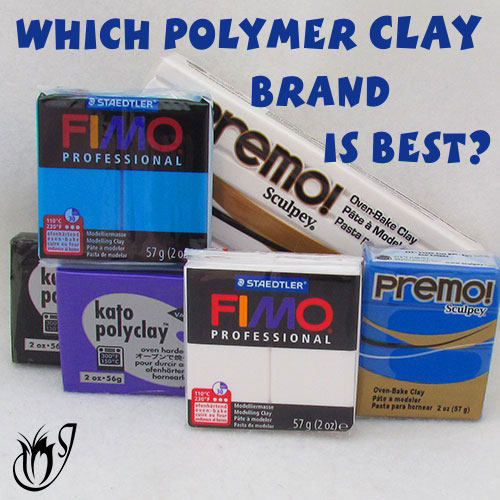
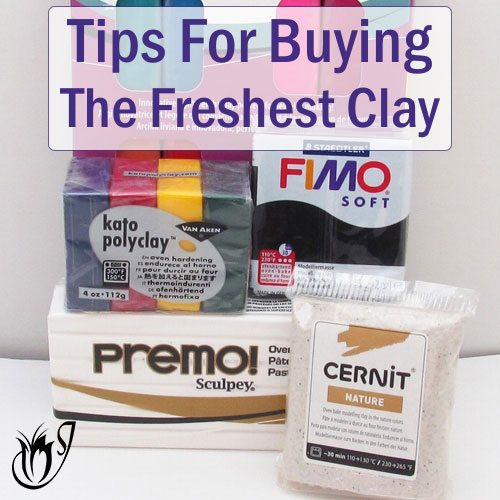
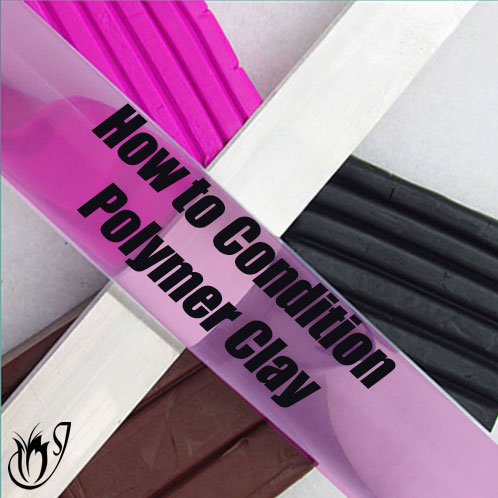
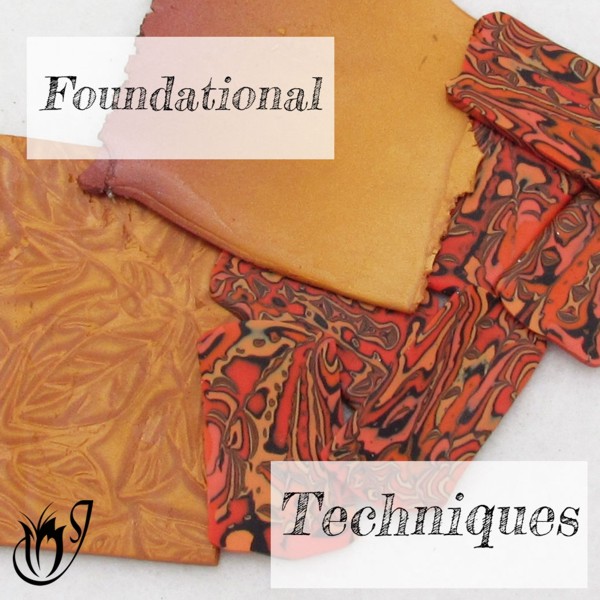
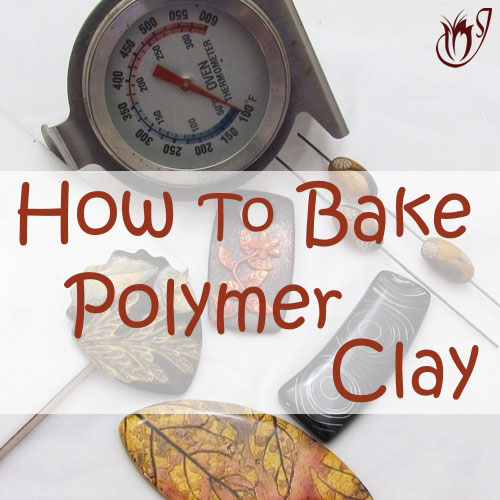
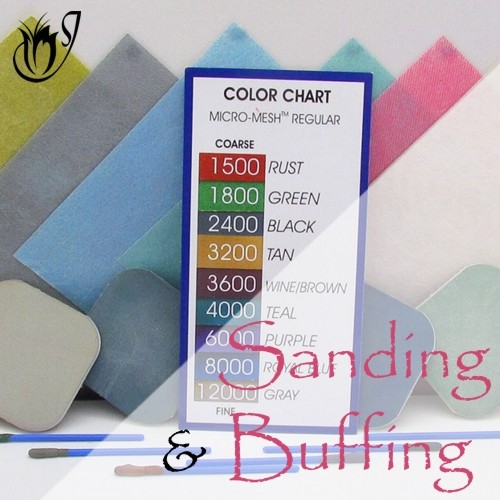
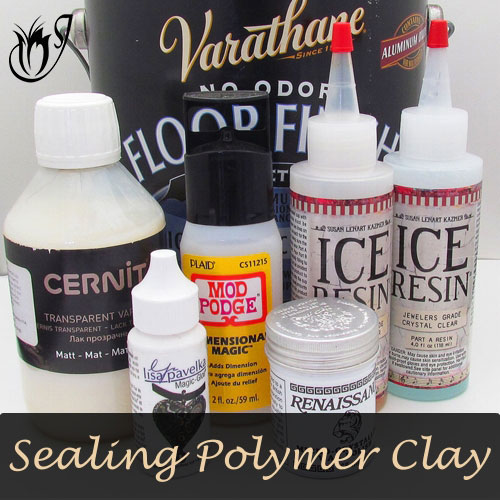
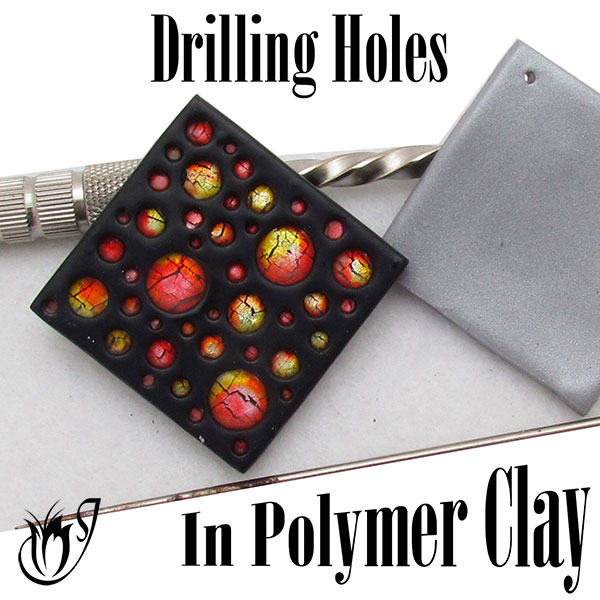

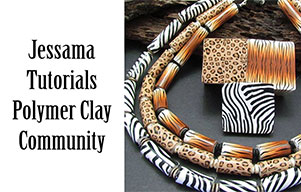

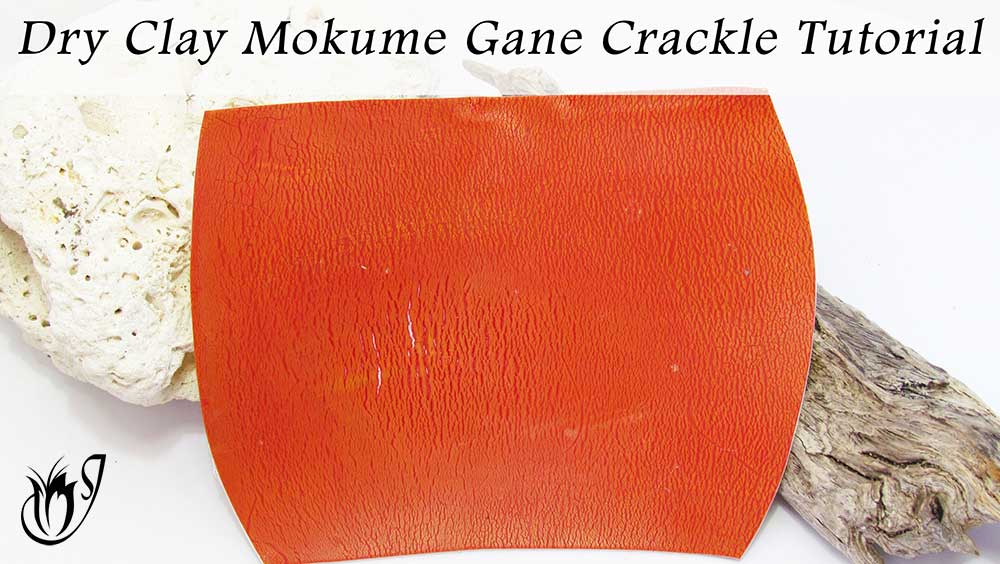







Please leave your comments below: